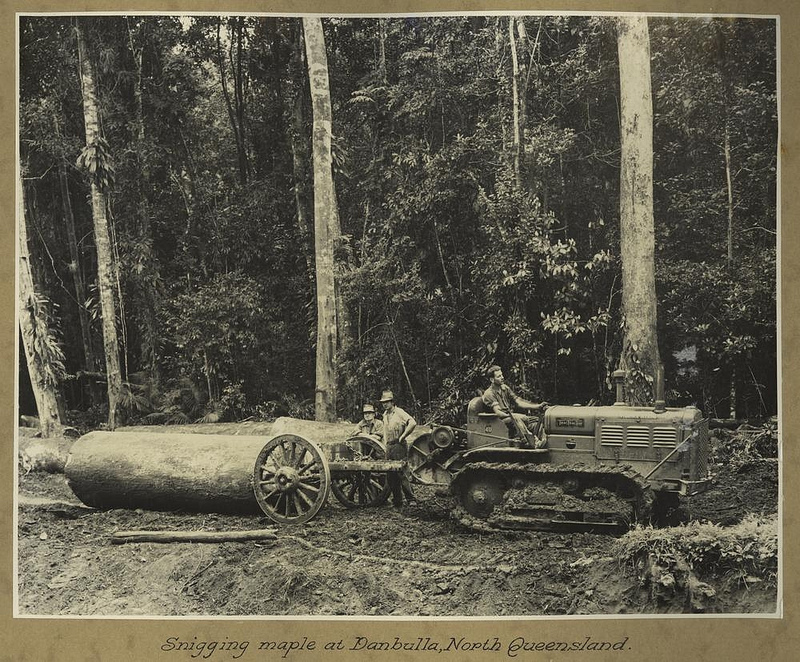Below is a draft of the introduction to a collaborative e-book (e.co.book) that I instigated on Facebook. This needs work, but I shared it here for the purpose of inviting constructive criticism.
Over the last few years, many of us have been active on the Internet sharing information about the damage that the current system of global economy does to the planet, along with many hopeful alternatives that reduce this harm.
Among a growing group of people, the consensus is clear: It is industrial capitalism that, in its systemically inevitable hunger for resources to produce ever-growing profit, is devastating the planet, rendering it uninhabitable for our grandchildren. We don’t need to quote the sad statistics of degraded ecosystems, deforestation, groundwater levels, oceanic dead zones, toxic waste, erosion, and greenhouse gas emissions, nor do we need to remind the reader that the situation is getting worse every day. If you still contest that, this book is not for you.
This book is for those who don’t compromise. The idea that there is something like “the economy” out there, that it should always keep growing, and that every effort to save the living environment should be balanced with its need to grow, is insane. First and foremost, we are against this delusion.
But in an era where communication is everything, the feel-good message of the elite’s media machinery will simply be more popular (and believed by more) than the warning signs of imminent collapse. It lulls the masses asleep, and keeps the power where it is: In the hands of a few men, who are not nearly mature enough to be entrusted the responsibility for our planet.
There is work to do.
* * *
I was positively surprised by how many people responded enthusiastically to my initial idea to collaborate on this e-book, and by the diversity of their backgrounds.
Philosophers, political scientists, radical activists, sustainable builders, permaculturalists, people developing a way of life without money, feminists, appropriate technology experts, indigenous people […] have contributed to this volume.
We stand united in the facts that we understand how serious the threat of infinite growth industrial capitalism is, and we are working on solutions to it that will complement each other.
The production of this e-book demonstrates our ability to cooperate. That is perhaps our main advantage: We don’t need to compete. That is why this book is also a reminder of the fact that a serious alternative simply can’t afford any longer the internal quarrels that have diluted many past initiatives. We would be like vegans and vegetarians fighting over drinking milk while they’re slaughtering all the cows.
We don’t need a common political ideology. We are united in the will to survive and make the planet inhabitable for generations of humans and other species to come. Never before has humanity as a whole faced a similar danger, and never before were we as individuals able to reach out to each other and work together. Every solution we find, in terms of protesting (Keystone pipeline, Canadian tar sands), in terms of dismantling infrastructure, in terms of sustainable living (networks of ecovillages, earthships), in terms of legal breakthroughs (the rights of rivers in Ecuador and New Zealand; the protection of Mother Earth in Bolivian law), in terms of bringing together large numbers (avaaz.org, social media) – will immediately be shared, improved upon, and implemented around the world.
This volume presents a unique overview of many different perspectives, and invites the reader to situate her own critical thinking somewhere among them.
